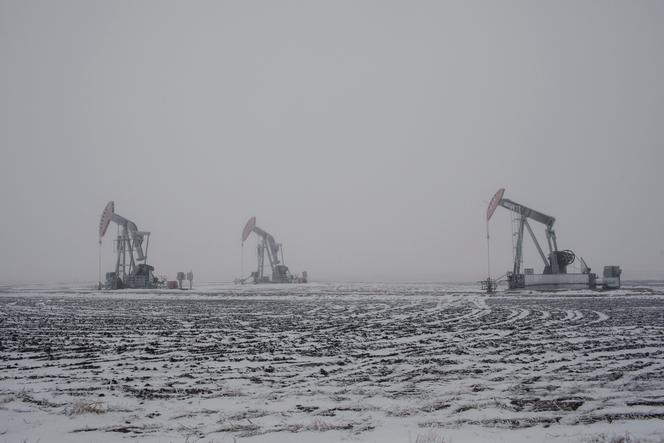


In Canada, the year began with a new act of rebellion against the carbon tax, the pollution pricing tool introduced by Liberal Prime Minister Justin Trudeau in 2018 – the Conservative government of Saskatchewan, located in the heart of Canada's vast territory, announced on January 1 that natural gas and electricity consumers were now exempt from paying the federal carbon tax. Dustin Duncan, the provincial minister responsible for energy services, said the decision would result in savings for approximately "98% of families who use natural gas to heat their homes, saving the average family 400 dollars [274 euros] in 2024."
This bold pushback by a province against federal legislation, which is expected to face a legal challenge from Ottawa, comes after the Canadian prime minister himself opened a loophole in his own carbon tax system.
On October 26, 2023, Trudeau announced a three-year suspension of the carbon tax on heating oil. While presenting the measure as a means of alleviating the burden of inflation on Canadians' energy bills, in reality it was designed primarily to calm the discontent of consumers in Canada's eastern Maritime provinces, who are still largely dependent on expensive heating oil.
That was all it took for all the opponents of this green tax to throw their weight against it – the governments of the oil- and gas-producing provinces of Alberta and Saskatchewan, along with Ontario, all long-time opponents of the carbon tax, criticized what they called the "regional bias" of the measure. They demanded that this exemption from the carbon price be extended to natural gas, which is less carbon-intensive than heating oil and provides heating for 44% of Canadians. After receiving an emphatic "no" from Ottawa, Saskatchewan declared that it would refuse to collect the tax.
Trudeau's main opponent, Conservative Party of Canada leader Pierre Poilievre, who is campaigning for the outright abolition of the carbon tax under the slogan "Axe the tax," has also been busy pushing back against the federal legislation in the House of Commons. A bill to exempt farmers using natural gas or propane for their grain dryers could soon be approved by the Canadian Parliament, further undermining the coherence and effectiveness of the carbon tax.
Trudeau came to power in 2015, just days before the Paris climate agreement was signed at Cop21, and had been a staunch defender of this green tax aimed at curbing greenhouse gas (GHG) emissions in an attempt to influence citizens' behavior. While he was slow to implement it – the carbon tax was only phased in across most of the country's provinces and territories three years after it was announced – he continues to defend its soundness, arguing that it has little impact on Canadians' wallets. Thanks to a special taxation mechanism, taxpayers receive a credit each year to offset the carbon tax they pay at the gas pump, for example. For instance, a single person in the province of Alberta will receive 772 dollars (530 euros) in compensation in 2024.
You have 40% of this article left to read. The rest is for subscribers only.
